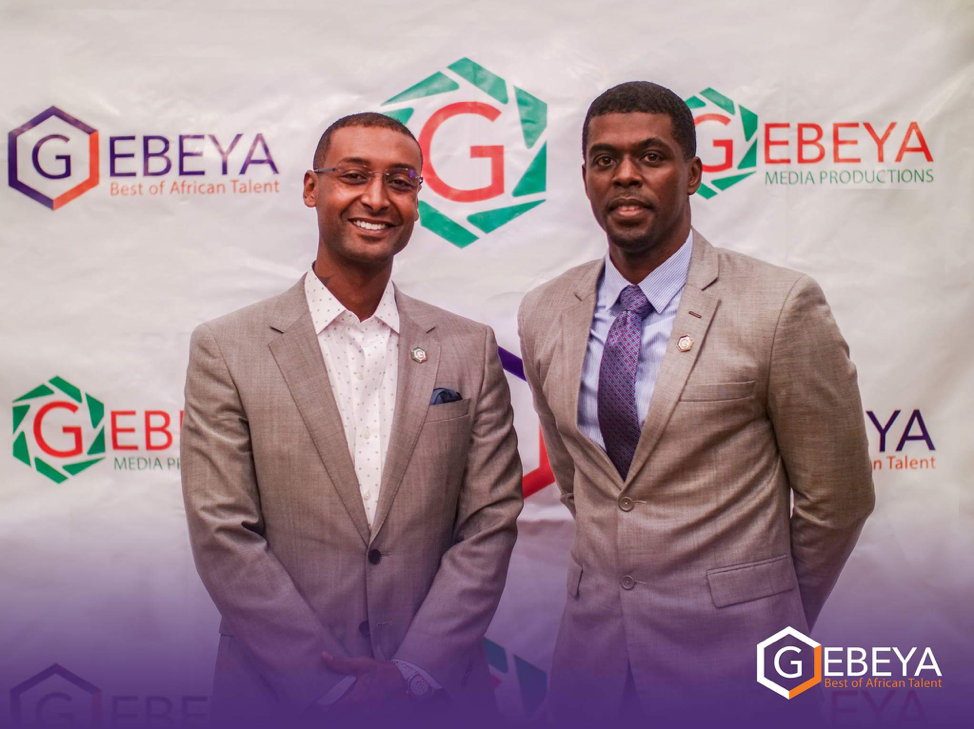As a continent whose urban population is set to triple by 2050, Africa desperately needs new cities. Now, a helping hand is being offered by an unlikely source. Since 2018, Senegalese-American rapper Akon has pursued plans to build a futuristic $6bn city in Senegal.
Called Akoncity, it is intended to be a sustainable business hub, catalyst for job creation, as well as a platform for Akon’s namesake cryptocurrency. In April 2020 he struck a deal to build a second version in Uganda. But while the award-winning musician’s projects ostensibly help solve Africa’s shortage of urban space, many wonder if they will only benefit – and be affordable for – the elite.
Scepticism aside, Akon’s proposed smart cities highlight the untapped potential of Africa’s 41 million-strong diaspora as a source of FDI. The African Union calculates its members hold $30bn in savings abroad and World Bank statistics show that in 2020 they sent $82bn in remittances to family back home – more than double the $38bn FDI inflows recorded by Unctad. The African Foundation for Development (Afford) estimates that once unofficial transfers are included, annual remittances are closer to $200bn.
A new middleman
Calls are growing louder to redirect a portion of remittances, which are primarily used for subsistence, into investment. Afford deputy director Stella Opoku-Owusu sees increased appetite among the African diaspora to invest, but says there are not enough formal vehicles for them to do so. “Those that are able or bold enough will find a way to invest more formally, but the majority will simply continue to channel all their resources through the informal and formal remittance avenue,” she says.
Attuned to the opportunity, a new breed of diaspora entrepreneurs are setting up syndicates that allow their fellow countrymen to invest alongside them in the continent’s tech start-ups. One is led by Jason Njoku, the British-Nigerian who founded Irokotv – dubbed the Netflix of Africa – and was an early backer of Nigerian fintech Paystack. Following Paystack’s $200m sale to Stripe last year, Mr Njoku was approached by small-scale investors wanting to be part of his deals.
“The first thing I realised was that these people had ambition but not the kind of money that gets you [into] any of these start-ups,” he says. “My view was: how can we go about democratising that?” His response was to launch Investzilla, which enables its members – around 40% are from the diaspora – to invest as little as $3000 in African start-ups vetted by him. It has already helped finance six businesses.
Tech syndicate
Nigerian Bosun Tijani launched a similar platform last year. Best known as co-founder of African accelerator and technology hub CcHub, Mr Tijani got the idea for so-called CcHub Syndicate after seeing Nigeria’s shortage of early-stage capital. “Young techs looking to build new business couldn’t find basic funding that you find in the West from family and friends,” he says. “We thought one of the best ways to do that was look to the billions of dollars of diaspora remittances that come into the continent each year.”
CcHub Syndicate has 650 members and Mr Tijani, who worked in the UK and Switzerland, says interest is growing but people “want to see the system is clear and can be trusted”. Committing relatively small amounts alongside well-known entrepreneurs helps de-risk deals, but the platforms’ relative novelty, combined with Africa’s high rate of financial scams, has led to some scepticism.
“People aren’t ready to take the risk in Africa yet. They don’t trust the landscape,” says Hiruy Amanuel, a US venture capitalist. Emigrants’ often complex relationships with their home countries can also create hesitancy. “If you are a diaspora [member] you look at things differently to others,” says Almaz Negash, founder of the US-based African Diaspora Network, which connects local founders with investors. “We left our countries for many reasons [be it] educational, businesses, or political.”
Nonetheless, Mr Tijani and Mr Njoku believe syndicates will unlock significant capital for Africa in the coming years. Mr Njoku, who grew up watching his mother send thousands of dollars from London to Nigeria each year, says that investing “is in the same tradition” of remittances. “I think the diaspora should be the primary funders of these start-ups,” he says.
Back to the motherland
Others are leveraging their international education and knowledge by returning to launch businesses themselves. “More than anything, that is what the diaspora can bring to Africa,” says Mr Tijani.
A vivid example is second-generation diaspora Amadou Daffe. In 2016, he moved to Ethiopia and alongside Mr Amanuel founded Gebeya, a pan-African freelance talent marketplace. “My whole purpose in life is to do my part to make Africa globally competitive. That is what drives me,” says Mr Daffe. “While working for corporate America I had an epiphany and realised I needed to go back to Africa and do something.” Gebeya’s 1500 users are growing 45% each month, and Mr Daffe aims to reach 15,000 within three years.
Of the various ways that the diaspora contributes to Africa’s development, he says “the most important migration I see right now” is people returning to work for local start-ups. “It’s particularly visible at the executive level,” he says, noting that half Gebeya’s team are returnees.
During a recent six-week stay in Ghana, Afford’s Ms Opoku-Owusu observed how the pandemic has caused more diaspora citizens to spend longer periods in their home country, often to scope out business prospects. “The appetite is clearly there, and much more so now that most people can work from anywhere,” she says. “More of them are looking for investment opportunities on the ground.”
The consensus is that Africa must better capitalise on remittances to fully harness its multi-billion dollar potential. However, some observers say only 10-20% of transfers are likely to be redirected into investment. “There is a balance between helping to solve specific and immediate problems – like making sure there is food on the table – and helping a business access capital,” says Carl Manlan, Ecobank Foundation’s chief operating officer. “Improving the small and medium-sized enterprise environment creates great opportunities, but no one can take away the joy of a family member that receives that extra cash to take a cousin to hospital.”
Content retrieved from: https://www.fdiintelligence.com/content/feature/awakening-africas-sleeping-giant-79910.



No responses yet